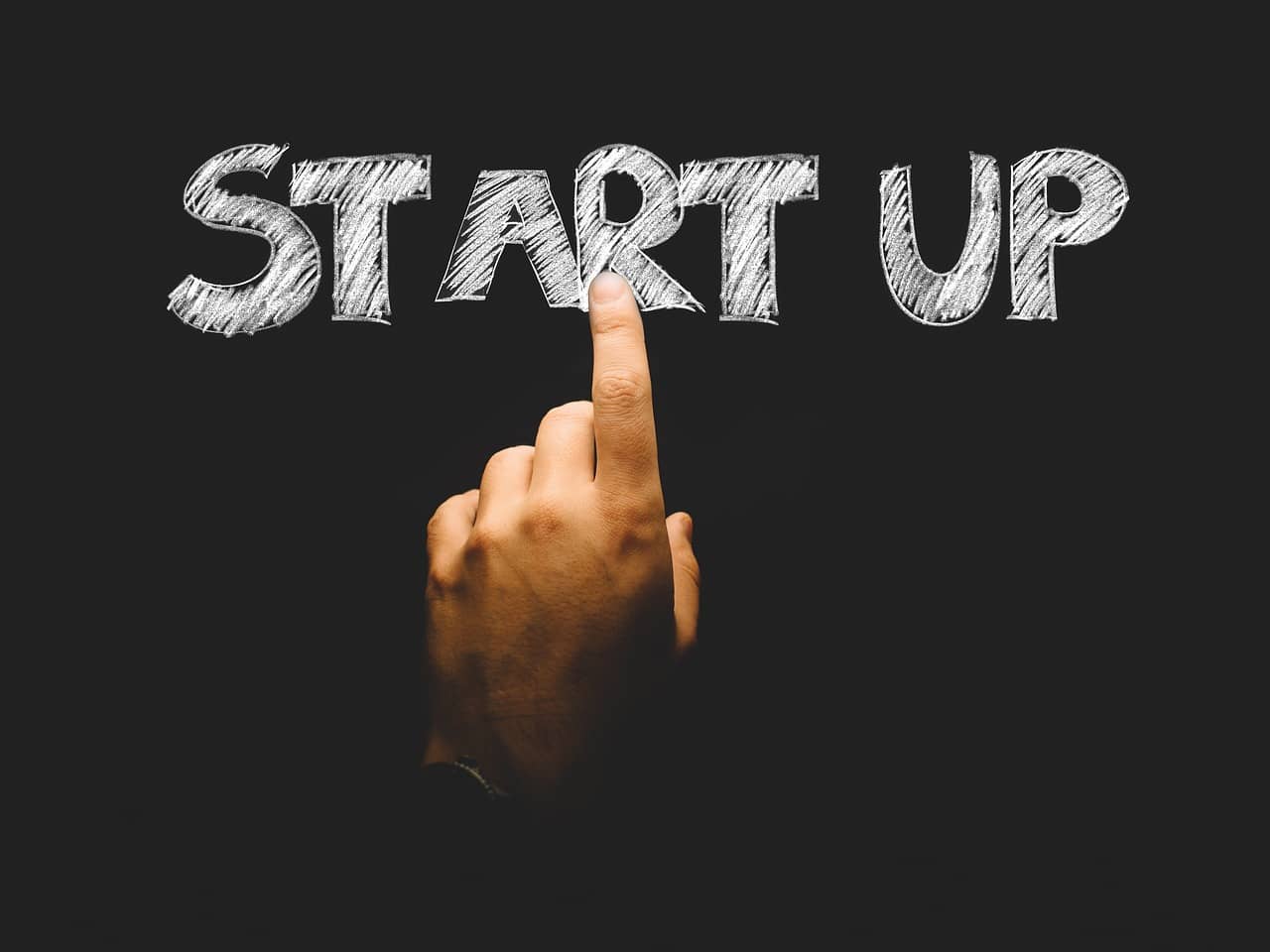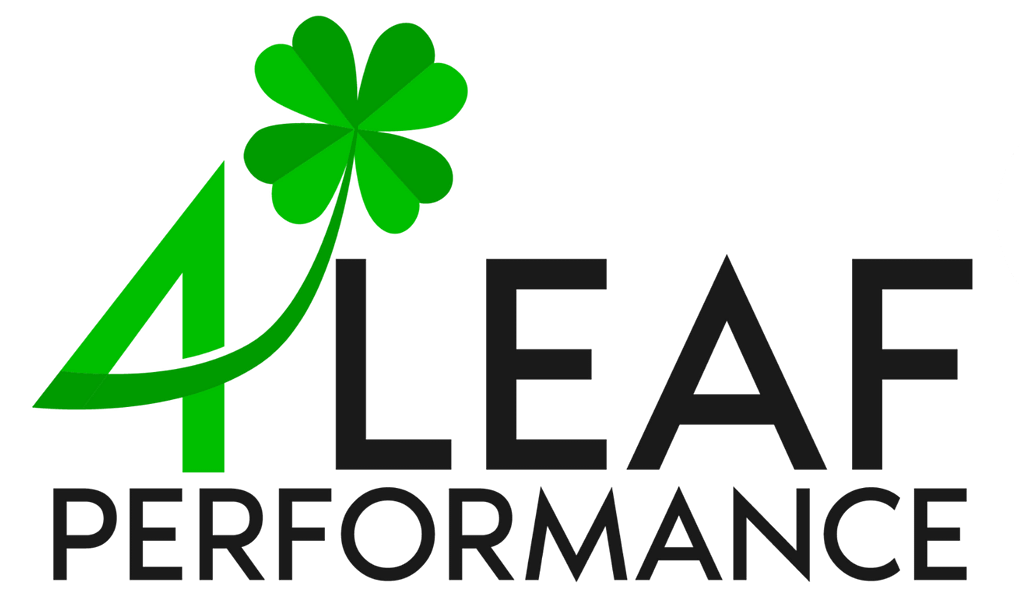One of the most significant decisions aspiring business owners face is buying an existing business or starting a new one. Each path offers distinct advantages and comes with its challenges that shape your journey into entrepreneurship, impacting everything from strategic planning and operations to your long-term vision and growth prospects. But how do you know which is the right choice for you? This guide dives deep into the pros and cons of buying an existing business versus starting a new one, empowering you with the knowledge to make the best decision for your unique goals and resources.
The Fundamental Differences
Before diving into the details, it’s essential to understand the fundamental differences between these two paths to entrepreneurship. Whether you’re an experienced entrepreneur or a first-time business owner, understanding these differences will help clarify which approach aligns better with your vision, resources, and risk tolerance.
Buying a Business: Acquiring an Existing Framework
When you buy a business, you purchase a fully functioning operation, meaning you’re taking on existing assets like equipment, inventory, a physical or digital footprint, and, in many cases, an established brand and customer base. Buying a business can be an attractive option for entrepreneurs looking to bypass the startup phase and step into a revenue-generating venture.
The buying process requires detailed due diligence, assessing financial statements, market position, liabilities, and growth potential. Although this process can be complex and time-consuming, it allows for a more predictable entry into business ownership.
Starting a New Business: Building from the Ground Up
On the other hand, starting a new business means laying the groundwork for every aspect of your company. From conceptualizing a unique business idea and conducting market research to branding and product launches, this path is for those who want complete control and creative freedom. While it comes with flexibility and the opportunity to innovate, starting from scratch entails significant time, effort, and a longer path to profitability.
This journey can be rewarding for those who enjoy the challenge of entrepreneurship and are willing to invest the time needed to build a sustainable operation.

Advantages of Buying a Business
Buying a business has several notable advantages that make it appealing, particularly for entrepreneurs who prefer to skip the initial phases of business setup and focus on immediate growth.
Immediate Cash Flow and Revenue Generation
One of the primary benefits of buying an existing business is the ability to start generating revenue immediately. Unlike startups, where it could take months or even years to build a consistent income stream, an established business often comes with a proven track record, allowing for quicker returns on investment.
Established Brand and Customer Loyalty
When you buy a business, you inherit more than just physical assets—you acquire brand equity and a loyal customer base. This advantage can save significant time and resources that would otherwise be spent building brand awareness from scratch.
Ensure the existing brand’s reputation aligns with your vision to avoid conflicts between legacy practices and new initiatives.
Proven Business Model and Operational Processes
An existing business typically has established workflows and processes that have been refined over time. This minimizes the trial-and-error phase that new businesses often face and allows you to focus on scaling the operation.
Access to Experienced Staff and Resources
Buying a business often means acquiring a trained, experienced team and pre-existing partnerships. This continuity helps maintain operational efficiency and smooths the transition for employees and customers.
Data Point: Studies show that businesses with experienced staff have higher operational efficiency, which can translate to faster growth and better customer retention.
Lower Risk Profile
An existing business with a successful track record provides lower risk than starting from scratch. Historical performance data offers valuable insights into the business’s profitability, market stability, and operational strengths, reducing the uncertainty that new businesses face.
Statistic: An impressive 90% of businesses with a track record of at least five profitable years experience substantial success post-sale.

Disadvantages of Buying a Business
While buying an existing business has many advantages, there are some significant challenges to be aware of:
High Initial Investment
Purchasing an established business often requires a substantial upfront investment, which can include the purchase price, legal fees, and the cost of due diligence. This financial requirement can be a barrier for entrepreneurs with limited capital.
Financial Insight: Depending on the size and success of the business, the purchase price can range from thousands to millions of dollars, necessitating either personal savings or significant financing.
Potential Hidden Liabilities and Issues
No matter how thorough your due diligence is, there may still be hidden challenges, such as undisclosed debts, legal complications, or outdated technology that needs immediate upgrading. These unforeseen issues can strain your finances and operations.
Pro Tip: Work with a seasoned legal and financial team during the acquisition process to identify and mitigate potential risks.
Integration and Cultural Challenges
Taking over an existing business means inheriting its culture, practices, and employees. Integrating your own vision and management style can be challenging, particularly if deeply ingrained practices conflict with your approach.
Example: An entrepreneur who purchased a family-owned restaurant faced difficulties introducing a new modern menu as long-standing staff and regular customers were resistant to change.
Inherited Liabilities
When buying a business, you may also take on liabilities that weren’t fully transparent during the initial assessment. These could range from environmental compliance issues to unresolved customer service problems or pending lawsuits.
Dependence on the Former Owner
New owners often rely on the former owner for a transitional period to ease operations and customer relationships. While this mentorship can be beneficial, it can also delay the implementation of new strategies if you need to depend too much on their input.

Advantages of Starting a New Business
Starting a new business from scratch allows entrepreneurs to create a venture fully aligned with their vision, values, and goals. Here’s why some business owners choose this path:
Full Creative Freedom
Starting your own business means complete control over everything—from the business model and branding to operational strategies. This autonomy allows you to build an enterprise that embodies your unique approach and vision.
Example: A fashion designer launched an eco-friendly clothing line, allowing her to control every element, from sourcing sustainable fabrics to creating a distinct brand identity that resonated with conscious consumers.
Customizable Company Culture
Starting fresh allows you to establish a company culture that matches your leadership style and values, leading to higher employee satisfaction, better performance, and an innovative work environment.
Insight: Building a cohesive culture from the ground up can make your business a desirable workplace, helping to attract top talent and reduce turnover.
High Potential for Innovation
Startups have the advantage of being nimble and adaptable. Without the constraints of legacy systems or established norms, you can quickly implement new ideas and pivot strategies to adapt to market trends.
Fact: Many industry disruptors—such as tech startups and direct-to-consumer brands—succeeded by leveraging their flexibility to innovate and adapt faster than their established competitors.
Strategic Vision Alignment
Every decision you make when starting a new business can be aligned with your long-term goals. This holistic approach allows you to craft a business that supports your overall strategic vision without having to adapt an existing framework.
Case Study: A digital marketing professional started their own agency with a focus on ethical advertising practices, ensuring that every client relationship and campaign aligned with their core mission of transparency and trust.
Incremental Cost Management
Unlike buying a business, where the financial outlay is often significant, starting a business allows you to scale up gradually. This incremental approach can make financial planning easier, especially for those with limited initial capital.
Budget Tip: Entrepreneurs can often start small, testing their business model with minimum viable products (MVPs) before committing to larger investments.
Disadvantages of Starting a New Business
Starting a new business comes with its share of hurdles that can make it challenging, particularly for first-time entrepreneurs:
Longer Timeline to Profitability
Starting from scratch often means waiting longer for the business to generate a profit. It can take years to build a loyal customer base, establish brand recognition, and create consistent revenue streams.
Statistic: On average, small businesses take 2-3 years to become profitable, while up to 20% fail within their first year due to various challenges.
Higher Risk of Failure
The failure rate for new businesses is significantly higher than for established ones. Challenges such as finding a product-market fit, differentiating from competitors, and maintaining cash flow contribute to this risk.
Research Insight: According to data, 90% businesses who start from scratch fail within the first four years due to these and other issues.
Resource-Intensive Process
Starting a business demands time, funding, and expertise in multiple areas. In the early stages, entrepreneurs often need to wear many hats, from marketer to HR manager.
Example: An entrepreneur starting a niche subscription box service found that the demands of sourcing products, building a website, and managing logistics were far more intensive than initially expected, requiring extended hours and additional capital.
Steep Learning Curve
Managing various aspects of a new business can be a learning curve, especially for first-time business owners. The process can be overwhelming without prior experience or a strong network of advisors.
Tip: Participating in business incubators or seeking mentorship can help mitigate these challenges and provide the support needed to navigate the complexities of starting a business.
Difficult Market Penetration
When you start from scratch, establishing a brand presence and competing for customers in a crowded market can take time and effort. Unlike buying a business with an existing customer base, you’ll need to build your reputation and attract new clients through strategic marketing.
Marketing Tip: Utilize digital marketing tools, social media, and collaborations with influencers to accelerate brand awareness and reach your target audience more effectively.

Key Considerations for Making the Right Decision
Choosing between buying a business and starting a new one requires careful consideration of your personal and professional circumstances. Here are key factors to guide your decision:
Evaluate Your Risk Tolerance
Ask yourself how comfortable you are with risk. Starting a new business generally involves higher uncertainty than buying an established business with proven market stability.
Assess Your Financial Situation
Financial resources play a huge role in your decision. While buying a business often requires a large upfront investment, it typically comes with quicker revenue. Starting from scratch may allow for more gradual spending but involves a longer wait for returns.
Financial Strategy Tip: Ensure you have a financial buffer or access to funding, whether through personal savings, investors, or business loans.
Leverage Your Experience and Background
Your past experiences should inform your choice. Seasoned entrepreneurs or professionals with specialized knowledge may be better equipped to build a new business. Conversely, buying an established company may be more suitable for those who prefer to manage an existing operation with fewer startup-related hurdles.
Reflection: Consider your experience with financial management, industry knowledge, and business development when making this decision.
Consider Your Long-Term Vision
Think about where you see yourself and your business in the next five to ten years. Buying a business might be more suitable for immediate revenue and scalability. Starting a new venture can be ideal for those prioritizing building a legacy or unique brand identity.
Plan for Support and Mentorship
Whether you start a new business or buy an existing one, having access to guidance can make a significant difference. Mentors, advisors, or consultants can help you navigate challenges, providing insights gleaned from years of experience.
A Framework for Decision-Making: Finding Your Path Forward
Use the following framework to simplify your decision-making process:
Key Questions to Ask
- Do I value immediate cash flow, or am I prepared to build revenue from scratch?
- Can I handle the high initial investment required for buying a business?
- How important is having full creative control over the business to me?
- Am I ready for the potential risks involved in starting a new business?
Evaluate Your Position
- Financial Readiness: High upfront cost for buying; variable, incremental costs for starting.
- Risk Assessment: Buying a business has lower risk due to existing data; starting a business has higher uncertainty.
- Control Over Operations: Limited creative control when buying; complete control when starting.

Take the Next Step with Confidence
Choosing between buying a business and starting your own is a multifaceted decision that should align with your financial situation, experience, and long-term vision. Both paths offer growth opportunities but come with different levels of risk, investment, and creative freedom. At 4 Leaf Performance, we specialize in guiding entrepreneurs through these crucial choices, ensuring you have the strategic insights and support needed to succeed.
Whether buying an existing business or embarking on a new venture, our coaching services are here to help you every step of the way. Contact us today and start your entrepreneurial journey with confidence.



